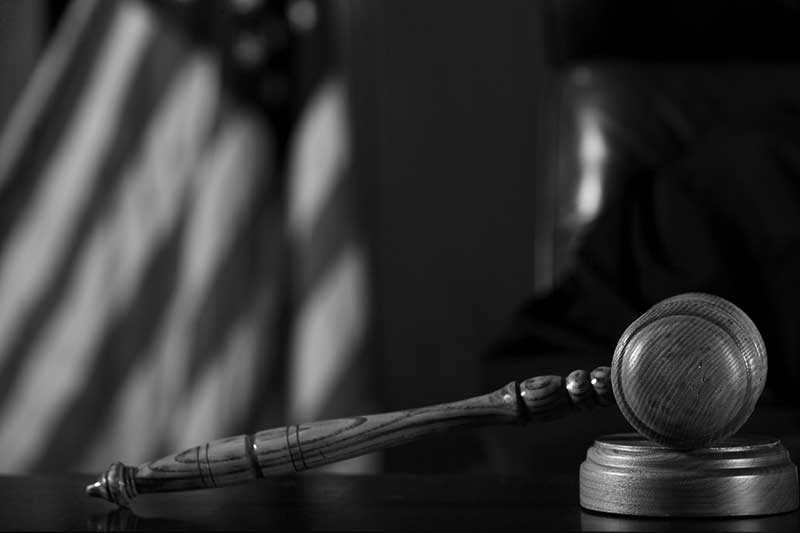Under Louisiana law, unless the decedent has given specific directions in the form of a notarial testament or a written and notarized declaration providing for disposition of his or her remains by cremation, the cremation must be authorized by a majority of the decedent’s legal next of kin. Unless the next of kin authorizes the cremation and executes the proper forms, the coroner will not issue the cremation permit necessary to carry out the cremation. This often presents a problem where the decedent leaves no surviving spouse to authorize the cremation and has multiple family members that are in the position of “next of kin” as the law requires a majority of the next of kin to authorize the cremation.
Louisiana Revised Statute 37:876 governs the right to serve as authorizing agent for cremation of human remains. Among other things, the statute sets forth the categories of family members or legal next of kin with the authority to provide for the cremation of the decedent’s remains in the priority determined by the legislature. If the decedent is survived by a spouse, the spouse has the sole authority to authorize cremation. If the decedent has no surviving spouse, a majority of the surviving adult children is required to authorize cremation. If the decedent has no surviving adult children, a majority of the surviving adult grandchildren is required, and so on down the list. Similar rules come into play even where the family intends to have a traditional burial of the decedent’s remains without cremation.
If the required authorization cannot be obtained and a final order of a district court is required. This means that the party or parties desiring to cremate a family member will likely need to retain an attorney to prepare a petition to file in court, and obtain a final order from the court to authorize them to control the disposition of the decedent’s remains. Unfortunately, this ends up increasing the costs of final burial or disposition and delays funerals or other plans until the court order is obtained.
What is the solution? The requirement to obtain the authorization of the legal next of kin for cremation or the right to control disposition of the decedent’s remains can be avoided by executing a written and notarized declaration or notarial will authorizing cremation or designating a particular person to control the disposition of remains. This process is much simpler, and less expensive, than obtaining a court order and saves family members the trouble of going through the courts during an already difficult time. An attorney experienced in this area can assist you in preparing the necessary documents to provide for cremation or traditional burial, depending upon your particular wishes.


Recent Comments